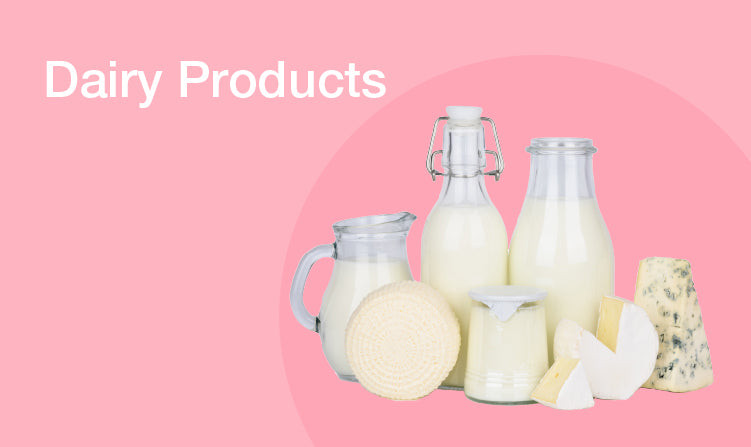The Bitter Truth About Soft Drinks
Soft drinks, also known as sodas, are a popular beverage choice for many people around the world. They come in a wide variety of flavors and are readily available at almost any grocery or convenience store. However, despite their popularity, soft drinks have been linked to a number of health concerns. In this article, we will explore the bitter truth about soft drinks and their effects on our health.
Soft drinks are typically carbonated beverages that contain high amounts of sugar, artificial sweeteners, and caffeine. They are often marketed as refreshing and energizing, but in reality, they can have negative effects on our bodies. One of the biggest concerns with soft drinks is their high sugar content. A typical can of soda contains around 10 teaspoons of sugar, which is well above the recommended daily intake. Consuming too much sugar can lead to a number of health problems, including obesity, type 2 diabetes, and heart disease.
In addition to sugar, many soft drinks also contain artificial sweeteners such as aspartame and sucralose. While these sweeteners are low in calories, they have been linked to a number of health concerns. Studies have shown that consuming large amounts of artificial sweeteners can lead to weight gain, metabolic syndrome, and even cancer. Furthermore, the caffeine content in soft drinks can lead to dehydration, anxiety, and insomnia.
Another concern with soft drinks is the impact they have on our teeth. The sugar and acid in these beverages can erode tooth enamel, leading to cavities and tooth decay. This is especially concerning for children, as their teeth are still developing and are more vulnerable to damage. In fact, some dentists have even compared the effects of soft drinks on teeth to those of methamphetamine and crack cocaine.
The negative effects of soft drinks are not limited to our physical health. They can also have a negative impact on our mental health. Studies have shown that consuming large amounts of sugar and caffeine can lead to mood swings, anxiety, and depression. This is because sugar and caffeine can disrupt the balance of neurotransmitters in our brains, which can affect our mood and behavior.
Despite the many health concerns surrounding soft drinks, they continue to be a popular beverage choice. This is due in part to their accessibility and affordability. Soft drinks are often cheaper than other beverages such as bottled water or juice, and are sold in vending machines and convenience stores throughout the world.
However, there are healthier alternatives to soft drinks that can still provide the same level of refreshment and energy. Water is the best choice for hydration, and can be flavored with fresh fruit or herbs for added taste. Herbal teas and coconut water are also great alternatives to soft drinks, as they provide hydration without the added sugar and artificial ingredients.
For More Info:-
Confectionery Products Online Shop Uk

Comments
Post a Comment